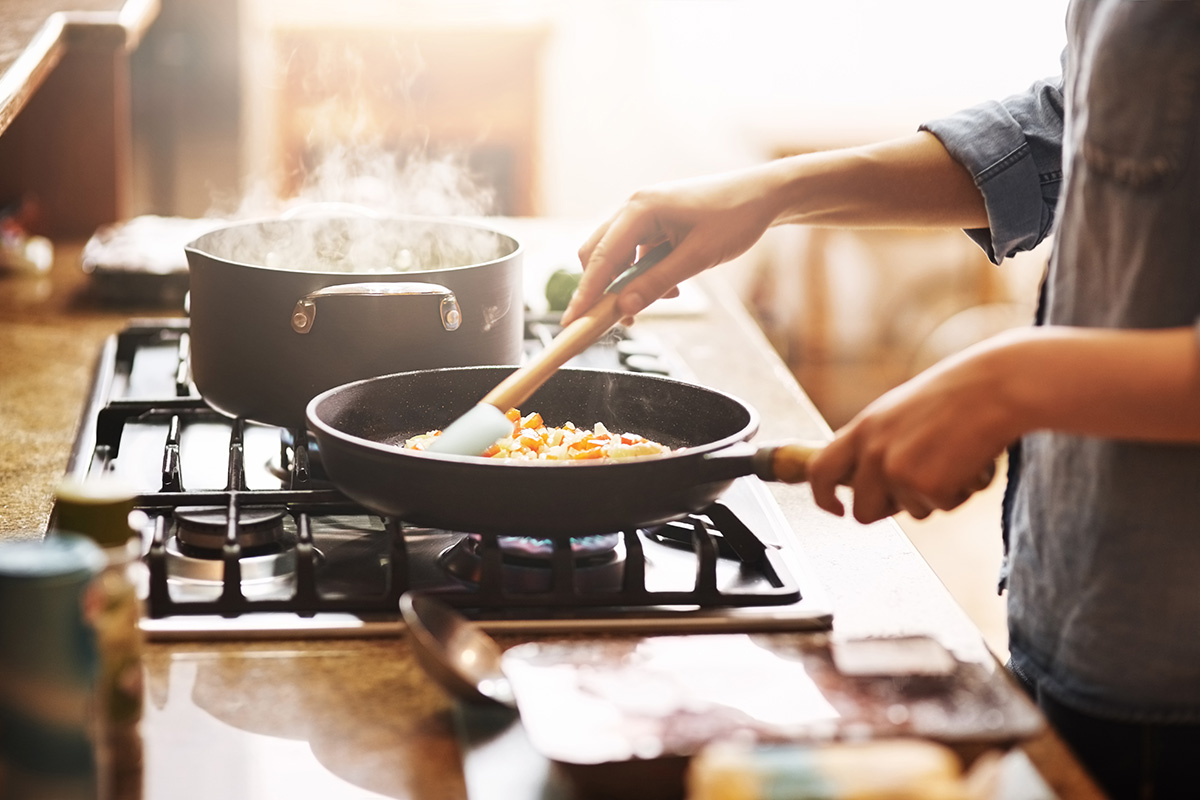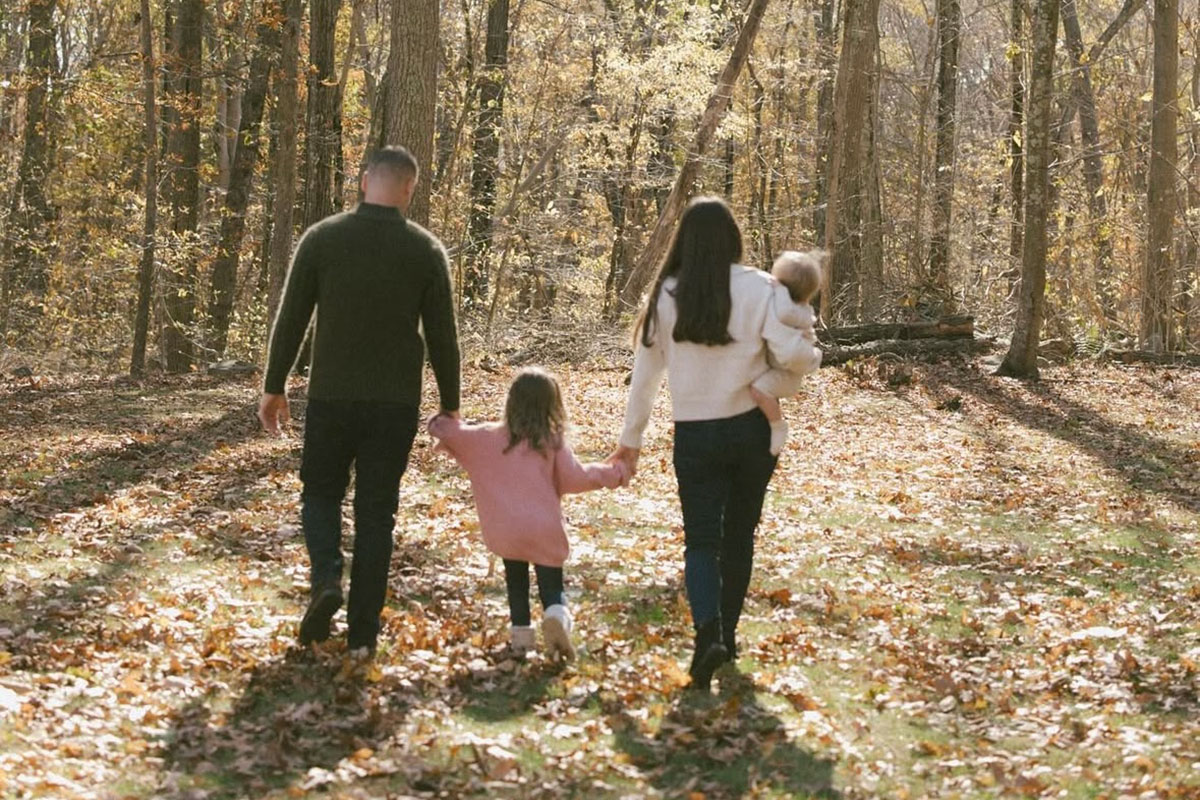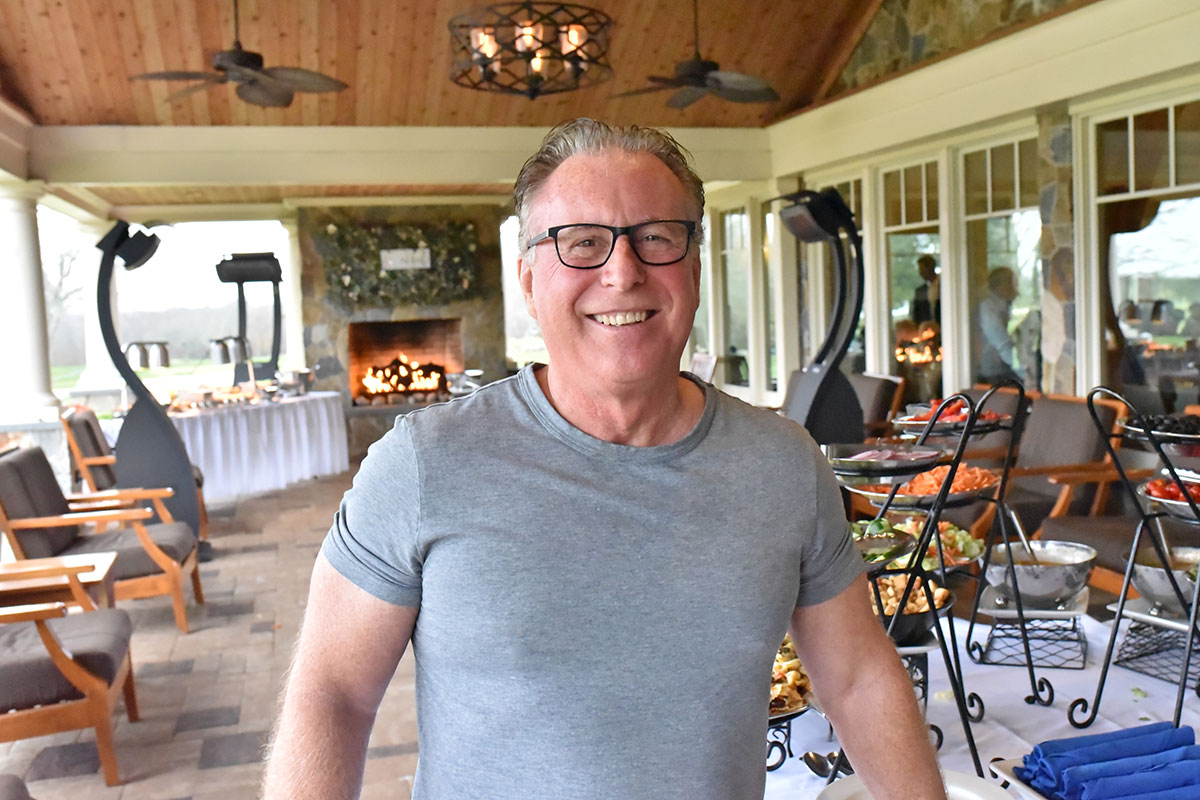Burn injuries from cooking account for roughly a third of all admissions to the Connecticut Burn Center at Bridgeport Hospital. It should come as no surprise that Thanksgiving is one of the busiest days of the year for burn treatment. Taking extra precautions can help keep you and your family safe during the holidays and throughout the year.
Alisa Savetamal, MD, FACS, Medical Director of the Connecticut Burn Center, said that hot oil and hot water injuries are the most common mechanisms of injury related to cooking. Children and elderly adults can sustain burn injuries even more easily due to the relative thinness of their skin, and scald burns are common in those age groups. Grills, campfires and fire pits are other common sources of cooking-related burns throughout the year.
Treating burns at home
As soon as you sustain a burn, the first thing you should do is get rid of the cause of the burn. Wash off hot oil from the skin and remove any burned clothing. Dr. Savetamal does not recommend putting ice or a wet towel on a burn for a prolonged period. Instead, treat minor burns by keeping the area covered and protected with antibiotic ointment.
“People sometimes think it’s best to leave a wound open to air to let it dry out, but in truth, a wound heals better in a clean, moist environment,” Dr. Savetamal said.
Most small cooking burns will heal well with good wound care. It is important, however, to look for signs of an infection. This may not occur for a few days after the injury, but if it does, you may see the skin around a burn becoming hot, red and more painful, or having increased discharge. If this happens, you may require antibiotics. A doctor should look at those burns and at any larger burns as well.
Preventing burns at home
Of course, the best way to stay safe is to avoid burns in the first place. Pot handles should be turned inward, so that they are not sticking out when they are on the stove; similarly, turn the handles of coffee mugs away from table or counter edges so that toddlers are not tempted to reach for them.
When frying food, always keep an eye on the hot oil – don’t walk away from it if the stove is on! In the event of a fire, do not put water on the flames or try to run out of the house with the pan. Dr. Savetamal notes that running with a hot, flaming pan of oil can cause significant injuries: the hot oil could splash, injuring the cook or others nearby, or the burning oil could land on a rug or drapes and cause a more damaging fire. Instead, cover the pan with a lid to deprive the flames of oxygen and to stop the fire. Call the fire department if you need help!
Finally, if you have elderly family members cooking during the holidays, Dr. Savetamal notes that we should help them to be mindful of fire safety. An extra set of hands can help prevent scalds, and vigilance will keep long sleeves from catching fire.




